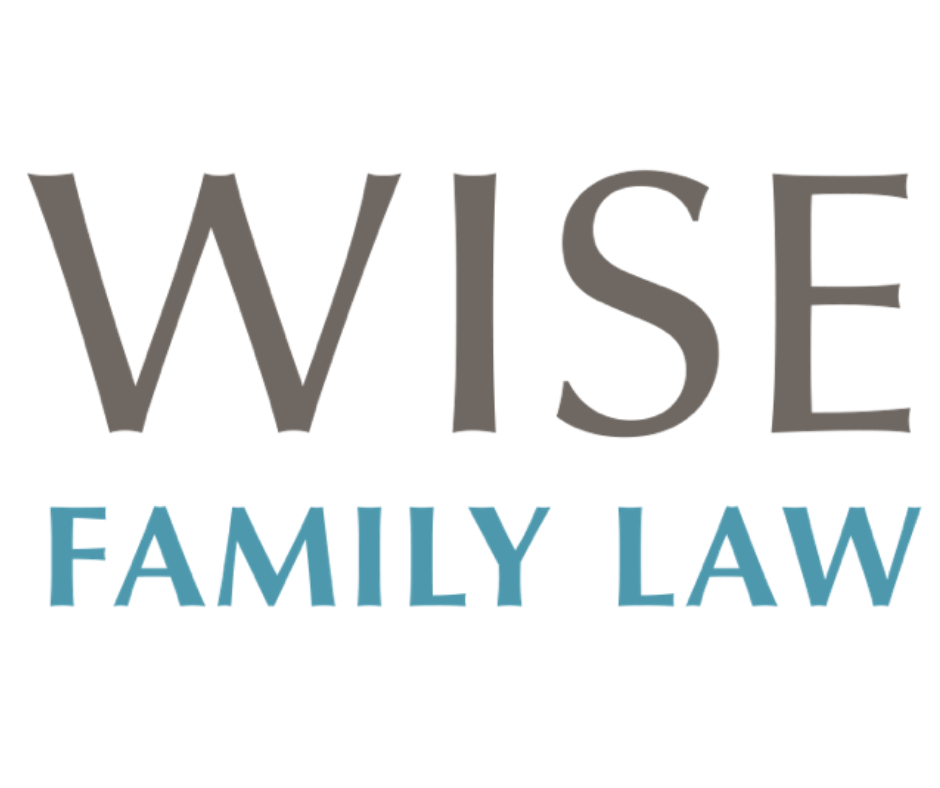What is Mediation?
Mediation is a process where the parties work together with a mediator outside of the court process to resolve all of their issues which are in dispute.
The mediator and the parties will meet together in a conference room and have an in depth conversation. At the outset, the mediator will ask questions of both parties and gather as much information as possible. This information and history is important for the mediator to help the parties identify their issues and prioritize what areas to address in which order.
After gathering all of the information, the mediator will help the parties identify issues that may need to be resolved. The possible issues are limitless. Some common examples include:
- custody and visitation schedules
- co-parenting and communication
- decision making
- child support
- children’s expenses
- health insurance coverage
- childcare costs
- education costs
- real estate
- personal property
- retirement accounts
- bank accounts
- investment accounts
- household budgets
- alimony
- life insurance
- college education
- tax filings
- dependency exemptions, and more
WHAT IS THE MEDIATION PROCESS?
The average mediation session is between 2 to 4 hours. Brian has found that parties are most productive for this amount of time before they need a break and time to become re-energized for the next session. Mediation is usually a series of sessions separated by several days or a week. However, every case is different. Some parties are willing and able to have an extended mediation session. Some parties are able to resolve all of their issues in one mediation session. Some parties require more time between sessions to gather more information in the interim. It is important to remember that it is “your” mediation process and it can be structured in any way that best suits your needs.
During mediation sessions, it is often the case that the mediator and parties identify documents and information which must be gathered so that parties have the necessary information to reach a full agreement. For example, the parties might need to secure copies of tax returns, health insurance costs, retirement account statements, etc. They might also need to get a house appraised or valued. These are called “homework” assignments for the parties. These homework assignments are also written up during the mediation session so the parties know exactly what information each party will need to gather before the next mediation session. Transparency and disclosure are important elements to the mediation process. For mediation to be successful, the parties must commit to disclosing and gathering all relevant information. Once everything is known, identified and valued, the parties can be in the best position to explore options and solutions.
WHEN CAN MEDIATION OCCUR?
Mediation can take place at any time. It can begin when the parties are living together, when the parties have just separated, long after a separation, before any court proceedings have started, just after litigation has commenced or right before a trial. Parties can also mediate issues after a prior agreement or court order if there is some disagreement or there is a term or terms that need to be amended, modified or replaced.
HOW DO WE GET STARTED WITH MEDIATION?
When you are ready to proceed with mediation, contact us! You will receive an Agreement to Mediate explaining the terms of the mediation (i.e. process, confidentiality and fee structure). Once the Agreement to Mediate is signed by both parties and returned to our office, you will be contacted to schedule your first session. In most cases, at the end of each mediation session the next session is scheduled.
Over 75% of the time, Brian is able to help parties successfully resolve their disputes. Finally, because the parties are co-authors in creating their agreement, parties who reach mediated agreements are overwhelmingly less likely to be in court in the future compared with parties who had their cases determined by a Judge.

